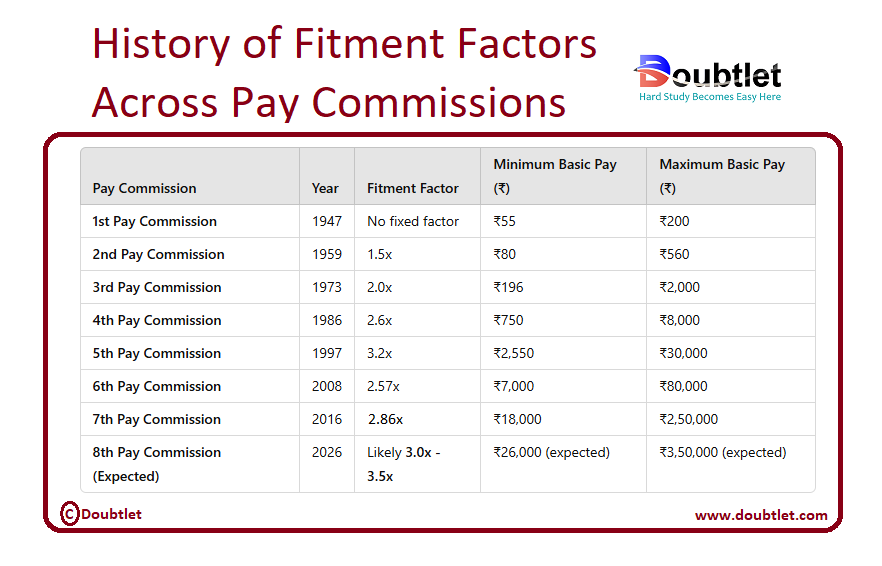Current Developments on the 8th Pay Commission

Introduction to the 8th Pay Commission
The 8th Pay Commission has become a significant point of discussion among government employees and policymakers in India. With India’s economy evolving and inflation affecting the purchasing power of citizens, a review of salary structures has been deemed essential. The formation of the Pay Commission aims to address the pay and pension needs of employees and ensure fair compensation, thereby fostering equitable growth.
Timeline and Composition
The Government of India announced the establishment of the 8th Pay Commission in early 2023, with a mandate to complete its report by March 2024. The commission is led by a chairperson, along with members from various backgrounds, including finance, human resources, and industrial relations. This diverse composition is intended to encompass a wide range of perspectives and challenges faced by government employees.
Key Issues and Focus Areas
One of the primary focuses of the 8th Pay Commission is to address the long-standing demands for higher pay scales, particularly for employees in lower and middle tiers of service. Furthermore, the commission has been urged to consider adjustments in allowances, pension benefits, and salary hikes that reflect the current economic scenario. Reports suggest that inflation, cost of living adjustments, and a comparison of salaries with those in the private sector are also key considerations.
Expected Impact
The recommendations from the 8th Pay Commission are expected to have a significant impact on about 50 lakh central government employees and around 65 lakh pensioners. If implemented, this commission could lead to a substantial increase in the overall salary structure, impacting not just the employees but also the economy as consumer spending could increase. Many state governments are also likely to follow suit, given the precedent established by the central government.
Conclusion
As the 8th Pay Commission progresses, its outcomes are keenly awaited by a significant demographic in India. The recommendations, if favorable, could lead to enhanced economic conditions for government employees while also stimulating overall economic growth. The forecasts suggest that the commission might be key to aligning salaries with the current economic realities, thus portraying the government’s commitment to its workforce. The implications of these changes will resonate well beyond the confines of government offices and have the potential to uplift various sectors within the economy.







